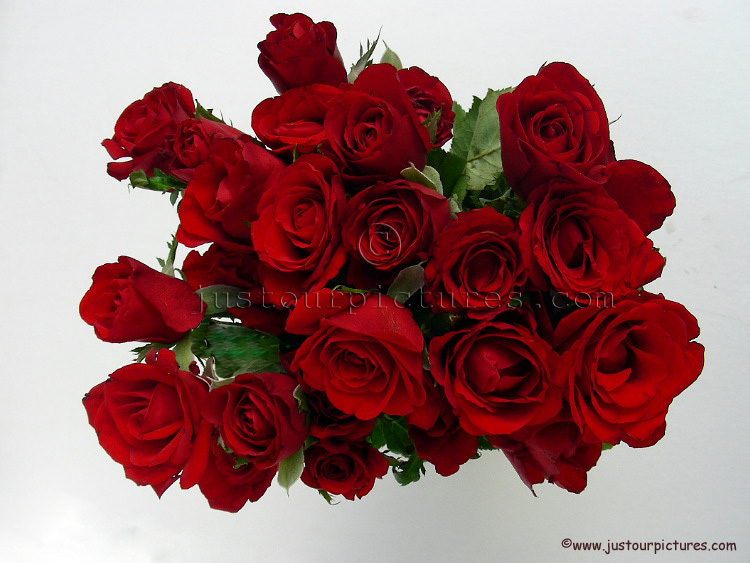After just having finished The Bluest Eye, it was overly depressing to say the least. Throughout the entire novel, all Pecola wanted was a pair of blue eyes so she could feel pretty, but instead she was given numerous trials of hardship. From being made fun of, to having a dysfunctional family, having few friends, and being raped by her own father, Pecola’s life is one of misery and pain with little hope of condolence. The first bit of light that she sees is at the end of the book when she gets her blue eyes, but even then only she can see them and is not satisfied because they are not the bluest. In addition, she was forced to kill a dog unknowingly so that she would believe her eyes were blue. Since the book is written in a scattered format and seems to go nowhere and give even less hope, a few big questions went through my mind; what is the point of the novel and what is Morrison trying to say? After thinking long and hard as to the answer of these questions, I came up with the conclusion that she was trying to get away from the typical happy ending novels and show that things can’t always turn out the way we want, which is what happens in the real world. No matter how good a person someone is life may not treat them kindly. Pecola is a character who was simply born into an unjust life, with a criminal father and an “I don’t care” relationship between her parents. Nevertheless, she still tried to look on the bright side of things and make the best of her situation. With all the things that went wrong in her life, the thing that she wanted most was beauty. Other than a tale of hardship, The Bluest Eye is also a demonstration of racism in mid twentieth century America. Pecola sees how all white girls like Shirley Temple are revered for their blond hair and blue eyes, so she believes that the only way she can be pretty is to look like that. It is society’s fault that young black girls like her were not able to be comfortable in their own skin.
Since Oprah chose The Bluest Eye as a selection for her book club, I thought I would read a few reviews by the members of the book club and see how they reacted. One reader explains how “[the book] taught me to love my brothers and sisters for their humanity--not their color, religion, sexual persuasion but because we are one in the eyes of our beholder”. I believe this to be the prime focus of the novel after reading the reviews. Morrison wanted people to realize that others should be judged on their humanity, rather than what they look like. She gave examples of all different kinds of people, both black and white. There were good white people and bad white people; there were good black people and bad black people. The book showed that people can be either good or bad and it has nothing to do with their skin. The review further expresses this point by stressing that we are all human and are seen as that in the eyes of God. The reviewer believes we should judge people on merit and nothing else. Not having known why Oprah chose this for her book club, I could guess that she had similar experiences as a young black girl and wanted the public to be able to see the pain that her and many children went and still go through.
Subscribe to:
Post Comments (Atom)




No comments:
Post a Comment